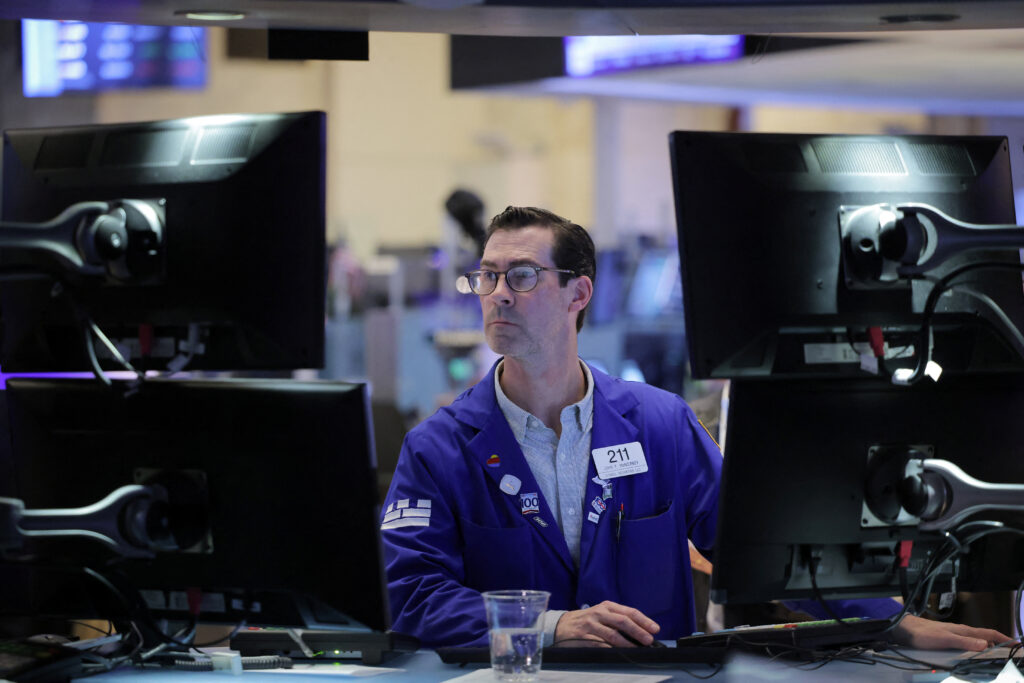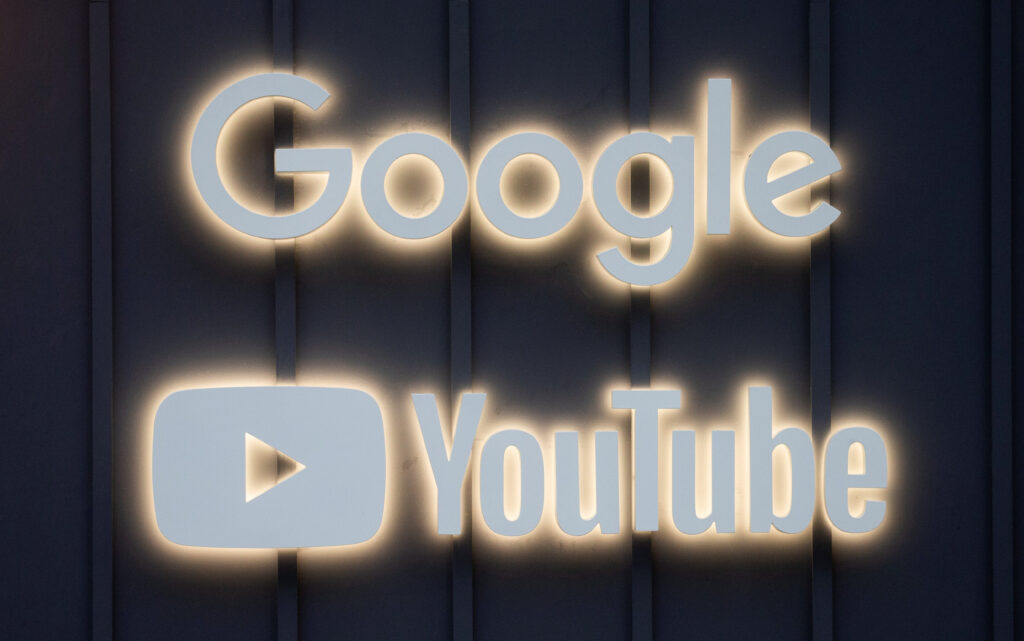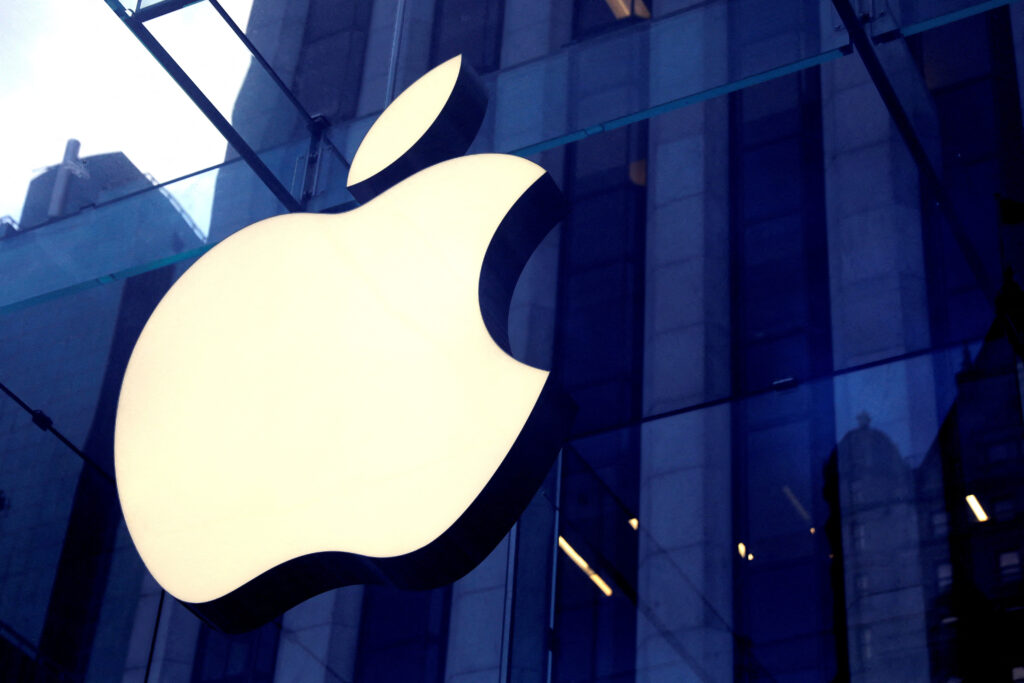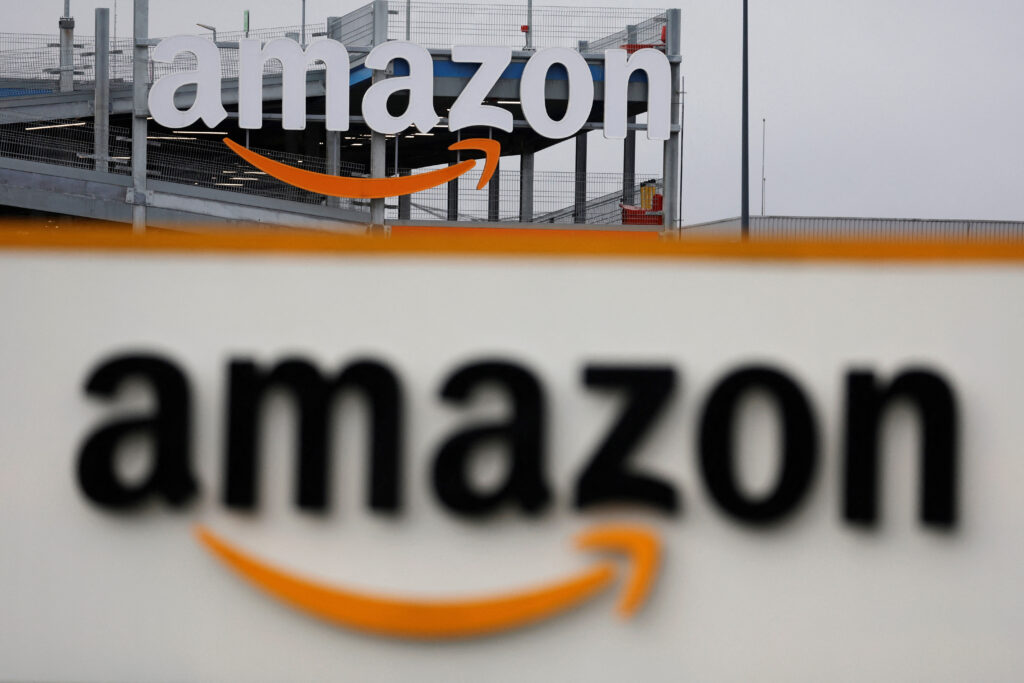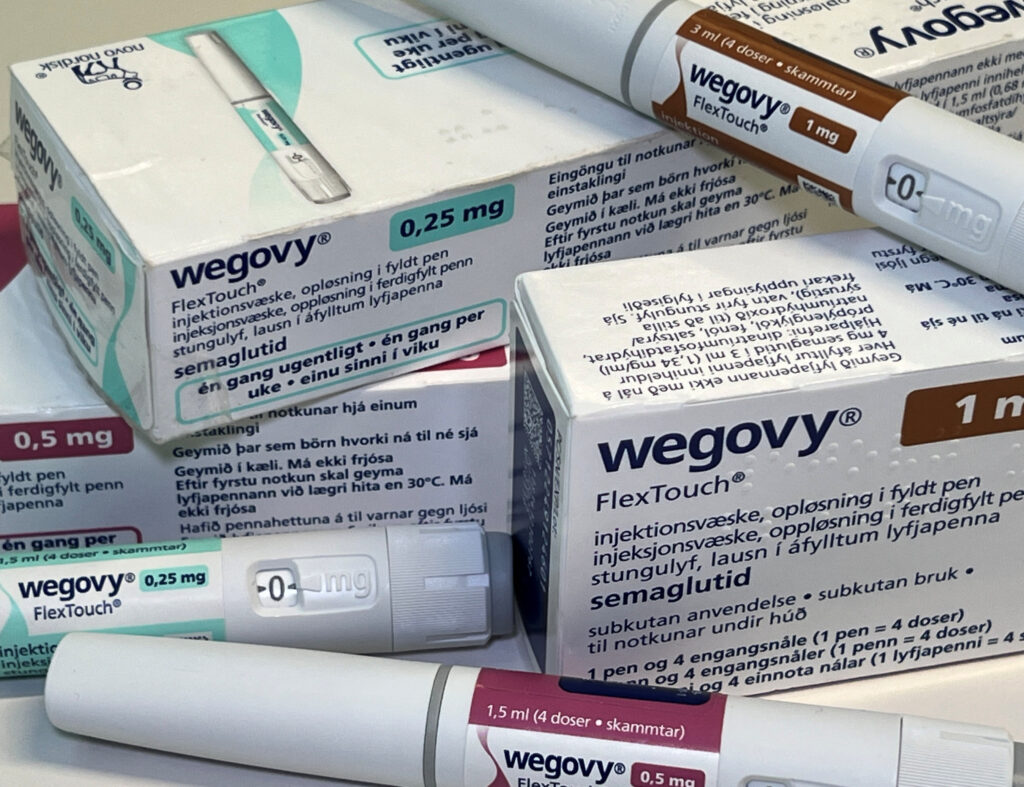DISH Network Corporation (NASDAQ: DISH) has experienced a catastrophic downfall, hitting its lowest point in 25 years following a dismal third-quarter earnings report that significantly underperformed Wall Street expectations and revealed alarming customer losses.
DISH reported a 26-cent loss per share for the quarter, a far cry from the analysts’ projection of 6 cents for this leading mobile service and satellite TV programming provider. Even as DISH transitioned into the wireless broadband business, it failed to meet expectations, losing nearly five times more mobile customers than analysts had anticipated.
The financial community expressed severe concern, with MoffettNathanson LLC deeming the earnings report “astonishingly bad” and forecasting that DISH may be headed for bankruptcy in the near future.
The market reaction was swift and merciless, with DISH shares plummeting by an alarming 37.43% to close at $3.4350 in New York on Monday. This marks the lowest settlement price since 1998 and the worst single-day plunge ever. DISH also emerged as one of the day’s worst-performing stocks.
Much like other pay-TV providers, DISH has been losing subscribers as viewers opt for more affordable streaming alternatives over costly channel packages. To combat this downward trend, the company has been actively working to strengthen its presence in wireless broadband, mobile, and 5G sectors, including the acquisition of spectrum from T-Mobile US, Inc. (NASDAQ: TMUS) and selling Boost Mobile and Boost Infinite products through major retailers like Walmart Inc. (NYSE: WMT) and Amazon.com, Inc. (NASDAQ: AMZN).
To revitalize DISH Network Corporation (NASDAQ: DISH) as a mobile network, co-founder and Chairman Charlie Ergen unveiled plans in August to merge DISH with EchoStar Corporation (NASDAQ: SATS), the satellite network operator it previously owned, in an all-stock transaction valued at approximately $4 billion.
Monday’s catastrophic results paint a challenging future for the company. DISH reported third-quarter revenue of $3.7 billion, falling short of analysts’ estimates of $3.8 billion.
Bloomberg Intelligence Senior Analyst John Butler noted that DISH faces formidable competition from industry giants such as AT&T Inc. (NYSE: T), Verizon Communications Inc. (NYSE: VZ), and T-Mobile in the wireless market. The merger with EchoStar could provide capital for DISH’s network expansion, but it won’t alleviate the technical and competitive obstacles it confronts.
DISH Network Corporation (NASDAQ: DISH) is also weighed down by a substantial debt exceeding $20 billion, and increasing borrowing costs have made it challenging to finance its wireless network expansion.
The company’s retail wireless subscriber base suffered a massive loss of 225,000, far surpassing the anticipated loss of 46,000, leaving the company with 7.5 million retail wireless subscribers. Additionally, DISH’s pay-TV business, including satellite and its Sling brand, lost 64,000 subscribers, compared to the expected loss of 46,000.
As part of the merger, Chief Executive Officer Erik Carlson will step down on November 12, with EchoStar head Hamid Akhavan taking over as the new president and CEO of the combined entity the following day, as previously disclosed by Ergen during an investors’ call.
The merger with EchoStar is set to conclude by the end of this year, according to Ergen.
Furthermore, Liberty Latin America Ltd. (NASDAQ: LILA) announced on Monday its acquisition of DISH’s airwaves rights in Puerto Rico and the US Virgin Islands, along with approximately 120,000 prepaid mobile subscribers in these markets, in exchange for cash and international roaming credits.
Edward Cooke is a financial analyst, freelance writer, and editor. He has six years of experience in financial journalism. He has an in-depth understanding of equities markets, tracking major indices and providing real-time analysis on stock price movements, corporate earnings, and market sentiment.


